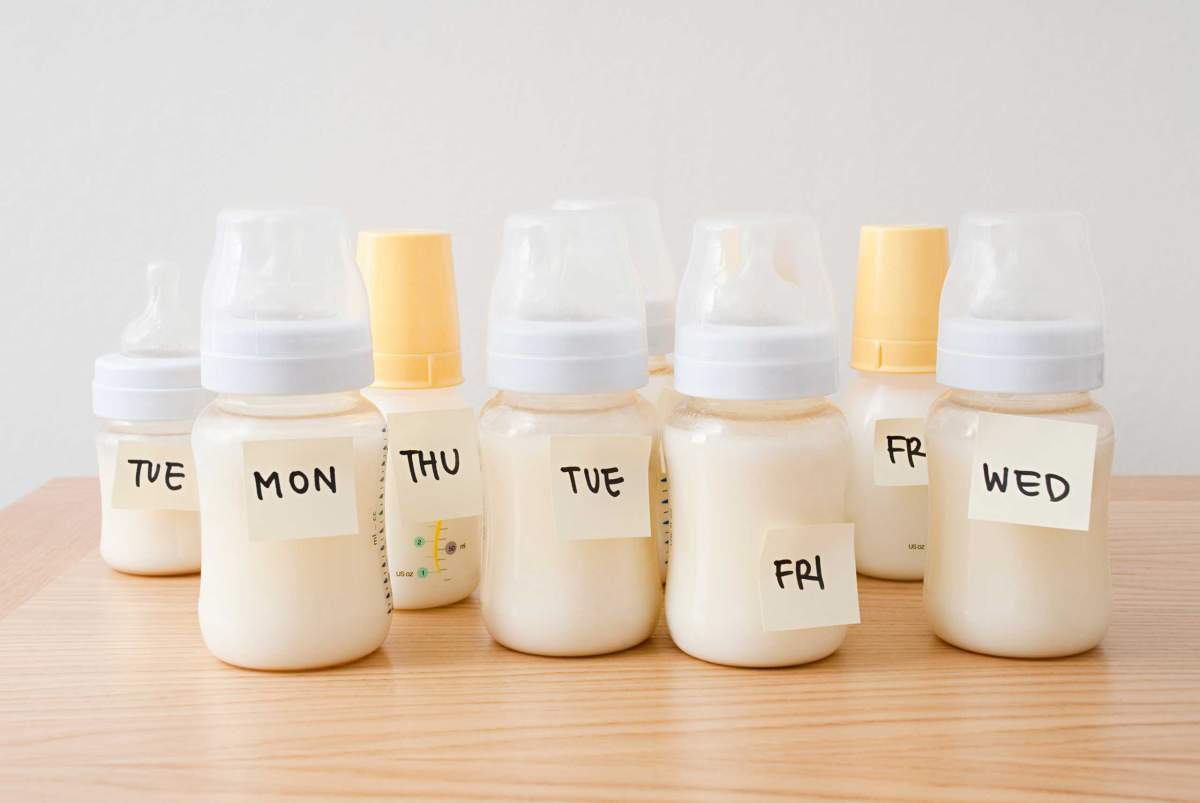Get To Know Your Rights When Breastfeeding at Work

August was Breastfeeding Awareness Month and a good time to consider breastfeeding mothers’ right to pump at work. Up until 2010, there was no federal law requiring employers to provide pumping accommodations for breastfeeding employees. The Affordable Care Act, better known as “Obamacare,” requires employers to allow women to pump breast milk while they are at work.
Who is covered?
The Break Time for Nursing Mothers provision applies only to employers who are subject to the Fair Labor Standards Act (FSLA). Employers with fewer than 50 employees are not subject to the FLSA break time requirement for covered, nonexempt employees if compliance with the provision would impose an undue hardship. Whether compliance would be an undue hardship is determined by looking at the difficulty or expense of compliance for a specific employer in comparison to the size, financial resources, nature, and structure of the employer’s business. All employers who work for the covered employer, regardless of work site, are counted when determining whether this exemption may apply. The provision does not protect employees who are exempt from the FLSA’s overtime requirements, thus excluding a large percentage of working mothers – including many executives, administrative professionals, and moms making more than $100,000 per year performing office or non-manual work.
What are your rights?
Your employer must provide a “reasonable break time” to pump milk each time you need to during the day. (Typically, every few hours.) This time also includes time for you to retrieve and set up your breast pump. Employers are not required under the FLSA to compensate nursing mothers for breaks taken for the purpose of expressing milk. However, where employers already provide compensated breaks, an employee who uses that break time to express milk must be compensated in the same way that other employees are compensated for break time. However, The Break Time for Nursing Mothers law requires employers to provide these breaks until your baby’s first birthday. You also must be given a private space that is not a bathroom where you won’t be bothered by coworkers or customers. Although you have the right to pump in a non-bathroom facility, that doesn’t mean that any specific, permanent pumping facility needs to be set up. A temporary, private place is acceptable which means that employers can provide an empty offices or other room on-site into a lactation site.
Additional Rights in Indiana
Ind. Code § 22-2-14-2 provides: All employers with twenty-five or more employees must, to the extent reasonably possible, provide a private location, other than a toilet stall, where an employee can express milk during any time away from the employee’s assigned duties. Such employers must also, to the extent reasonably possible, provide a cold storage space for employees to keep expressed milk, or allow employees to provide their own portable refrigerator for such a purpose. Ind. Code § 5-10-6-2 provides: Public employees receive supplemental protections. Public employers must provide reasonable daily paid break time, to run concurrently with any other break time, for employees to express breast milk, unless doing so would unduly disrupt the employer’s operations. Public employers must also make reasonable efforts to provide a private room near an employee’s work area, other than a toilet stall, where she can express milk. For more information about a worker mother’s right to pump at work, check out this FAQ sheet from the US Department of Labor: https://www.dol.gov/whd/nursingmothers/faqBTNM.htm
